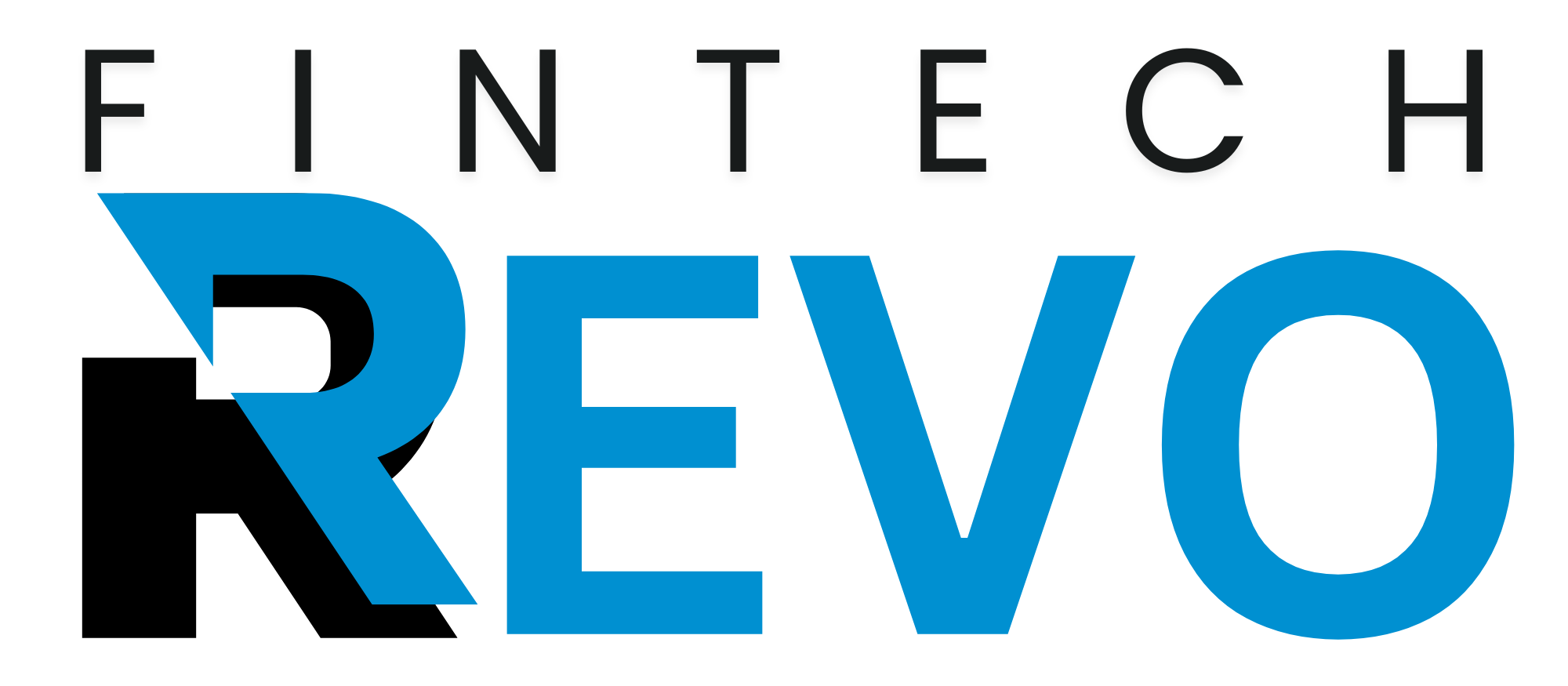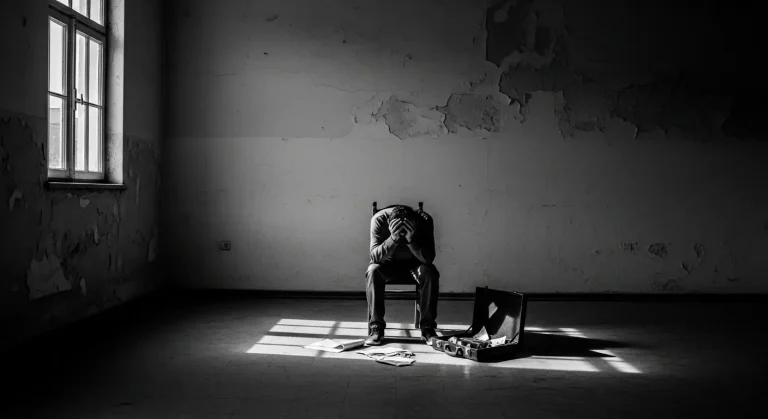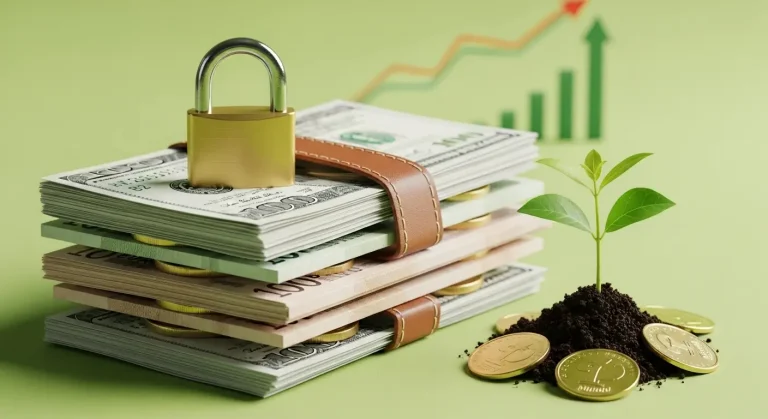When you’ve been in an accident or experienced damage to your home, insurance money can be a lifeline, covering the costs of repairs and helping you restore things to normal. However, what if you don’t use that insurance money for repairs? Whether it’s for your car, home, or another insured item, there are several potential consequences to consider, some of which could affect you in the long term.
In this article, we’ll explore what happens when you don’t use insurance money for repairs, and how it can impact your policy, your finances, and your future claims. We’ll dive into the specifics for home and car repairs, touch on state-specific issues like what happens if you don’t use insurance money for repairs in Texas, and even look at what people say on platforms like Reddit about this topic.
What Happens When You Don’t Use Insurance Money for Repairs?
The simple act of receiving an insurance payout may feel like a relief, but it comes with responsibilities. If you don’t use the money for repairs, there could be legal, financial, and insurance-related implications that you might not expect. Let’s break it down.
1. Impact on Your Insurance Coverage and Claims
One of the most immediate consequences of not using insurance money for repairs is that it could affect your future claims. Insurance companies may view the failure to repair as an indication that you’re not maintaining your property or car properly, and this could lead to:
- Higher Premiums: If you don’t repair your car or home using insurance funds, your insurer might raise your premiums when you renew your policy.
- Policy Cancellation: In extreme cases, the insurer could cancel your policy altogether if they feel that you’re not taking adequate care of your property or car, increasing the risk of further claims.
- Difficulty with Future Claims: If you neglect to use the money for repairs, the next time you file a claim, your insurer may be reluctant to pay out or could reduce the amount they pay, arguing that the damage wasn’t addressed promptly.
2. What Happens If You Don’t Use Insurance Money for Car Repairs?
When it comes to car insurance, most policies pay for repairs to your vehicle if it’s damaged. However, if you decide not to use the insurance money for the repairs, there are specific consequences to consider.
- State Laws and Regulations: In some states, like Texas, insurance companies may not require you to repair your car, but they expect you to use the payout for that purpose. If you decide not to, there might be repercussions.
- Legal and Financial Implications: Ignoring necessary car repairs could lead to safety risks and might even violate the terms of your insurance policy. For example, if you were to sell the car without making the repairs, you might be legally obligated to disclose the damage, which could reduce its resale value.
- Further Damage: Not repairing the damage could lead to further degradation of your car’s condition, which can make it more expensive to fix later.
3. What Happens If You Don’t Use Insurance Money for Home Repairs?
The situation with home repairs can be somewhat different from car repairs, especially when it comes to long-term implications. Here’s what to consider if you decide not to use insurance funds for necessary repairs on your home:
- Risk of Further Damage: Ignoring repairs can lead to additional damage to your home. For example, if your roof is damaged in a storm and you don’t use the insurance payout to fix it, you risk water damage, mold, or structural issues later on.
- Decreased Property Value: Failure to repair your home can cause its value to drop significantly. If you decide to sell it later on, the damage will likely decrease the amount you can sell it for. Potential buyers might be wary of buying a property that hasn’t been properly maintained.
- Disputes with Your Insurer: Some insurance policies require you to complete the repairs within a set timeframe. If you don’t use the insurance money within that time, your insurer could stop providing coverage or refuse to cover the damage in the future.
4. What Happens If You Don’t Use Insurance Money for Repairs in Texas?
In Texas, like in many other states, the law doesn’t explicitly require you to use insurance money for repairs, but it does have certain stipulations regarding how insurance payouts are managed.
- Insurance Contracts and Claims: If you don’t use the money to repair your car or home, your insurer might have grounds to cancel your policy. They may argue that you’re not using the funds for their intended purpose, thereby increasing the risk of further claims.
- Texas-Specific Considerations: If you don’t repair your home or car after receiving the insurance payout, your future insurance claims might be affected, especially if the damage worsens over time and leads to more expensive repairs. It’s important to understand the conditions of your policy to avoid problems.
5. What Happens If You Don’t Use Insurance Money for Repairs? A Reddit Perspective
Platforms like Reddit are filled with discussions about personal finance, including insurance-related issues. Many Reddit users share their experiences with not using insurance payouts for repairs, and a few common themes emerge:
- User Reports of Problems with Insurers: Some users have reported that when they didn’t use their insurance payout for repairs, they experienced delays or issues when filing future claims. Insurers sometimes see the failure to repair as negligence, and that can affect their willingness to approve claims.
- Loss of Property Value: Homeowners, in particular, discuss the long-term effects of not repairing damage promptly. If insurance money isn’t used for repairs, the property value often declines, and in some cases, the insurance company might refuse to provide coverage for new damage that stems from the original issue.
- Legal Consequences: A few Reddit users mention that, in some instances, not repairing damage could be considered a violation of local laws, especially if it leads to safety issues like structural instability or fire hazards.
6. Can You Use Insurance Money for Something Other Than Repairs?
While it’s not typically recommended, there are certain circumstances where you may be allowed to use insurance money for purposes other than repairs, depending on the type of insurance you have and the specific policy terms. Here are a few things to keep in mind:
- Homeowners Insurance: With certain types of home insurance, you might be able to use the payout for other needs if the damage is not repaired. However, this could affect your ability to file future claims, so it’s essential to consult your insurer and check the terms of your policy.
- Car Insurance: In the case of car insurance, using the payout for something other than repairs (like paying off other debts) may be tempting, but it can lead to complications with your policy. Insurers may not approve the claim for further damage or could penalize you for not addressing the issue promptly.
Key Takeaways
So, what really happens if you don’t use insurance money for repairs? Here are the key points to remember:
- You could face higher premiums or policy cancellation.
- Ignoring repairs may lead to further damage and higher costs.
- The resale value of your car or home could be significantly affected.
- You may encounter legal or insurance issues, especially if you fail to repair promptly.
- If you live in Texas or a similar state, not using insurance money for repairs might have specific legal implications that could affect your future claims.
Ultimately, it’s essential to understand the terms and conditions of your insurance policy and use the funds for repairs as intended. If you’re unsure, it’s always a good idea to consult with your insurance provider to ensure you’re making the best decision for your property and your future claims.
By acting swiftly and responsibly, you not only maintain your property but also protect your financial future and avoid unnecessary complications down the road.
Visit Fintech Revo for more amazing information.
FAQs
Can I Use My Insurance Money for Repairs if I’ve Already Repaired the Damage?
If you’ve already made the necessary repairs before receiving the insurance payout, some insurers may allow you to keep the money, while others might require proof of repairs or adjust the payout. It’s important to check with your insurer regarding their specific policy on this matter.
What Happens If I Don’t Use Insurance Money for Car Repairs but Still Drive the Car?
Driving a car that hasn’t been repaired after receiving an insurance payout could lead to safety concerns and possibly make the vehicle unroadworthy. If your car is involved in another accident or inspected by authorities, you might face penalties or legal issues. Additionally, it could affect your ability to file future claims.
Can I Use the Insurance Money for Home Repairs If I Decide to Sell My House Instead?
If you decide to sell your home instead of repairing it, the insurance payout may not need to be used for repairs, but you could risk losing out on the full value of the payout. Some insurers may still hold you to the condition of the house at the time of the claim. Moreover, selling a home in need of repairs can reduce its market value.
What Are the Tax Implications of Not Using Insurance Money for Repairs?
Generally, insurance payouts used for repairs aren’t taxed, but if the money is used for other purposes (e.g., personal expenses), there might be tax implications. It’s advisable to consult a tax professional to understand how it might impact your taxes, especially if you don’t follow the intended repair guidelines set out by your insurer.
Can I Change My Mind and Use the Insurance Money Later for Repairs?
In some cases, insurers may allow you to use the payout for repairs at a later date, but this typically needs to be done within a specified time frame. If you delay the repairs too long, your insurer may not cover the costs or may cancel the claim entirely. Always confirm the repair timeline with your insurance company.





